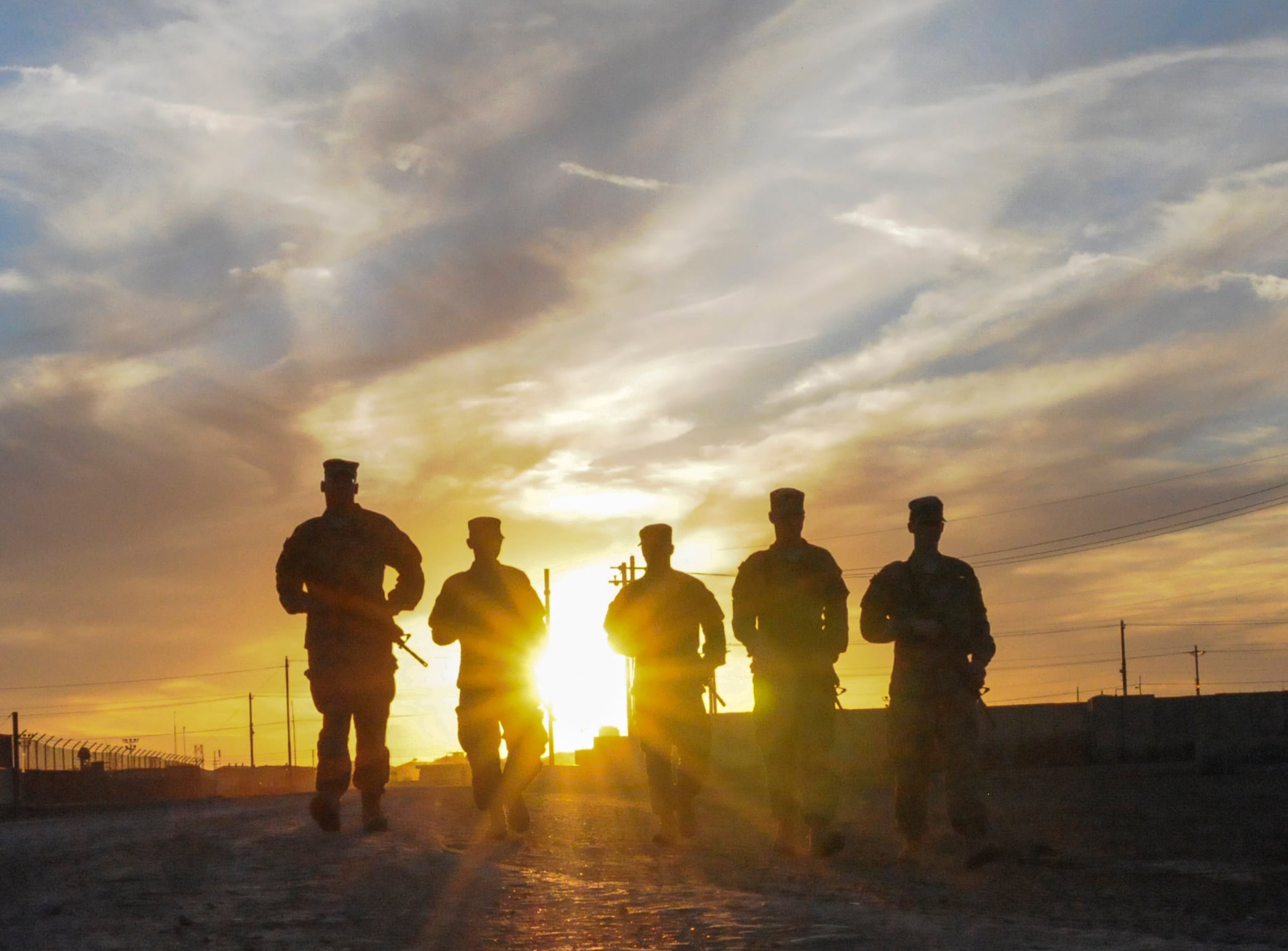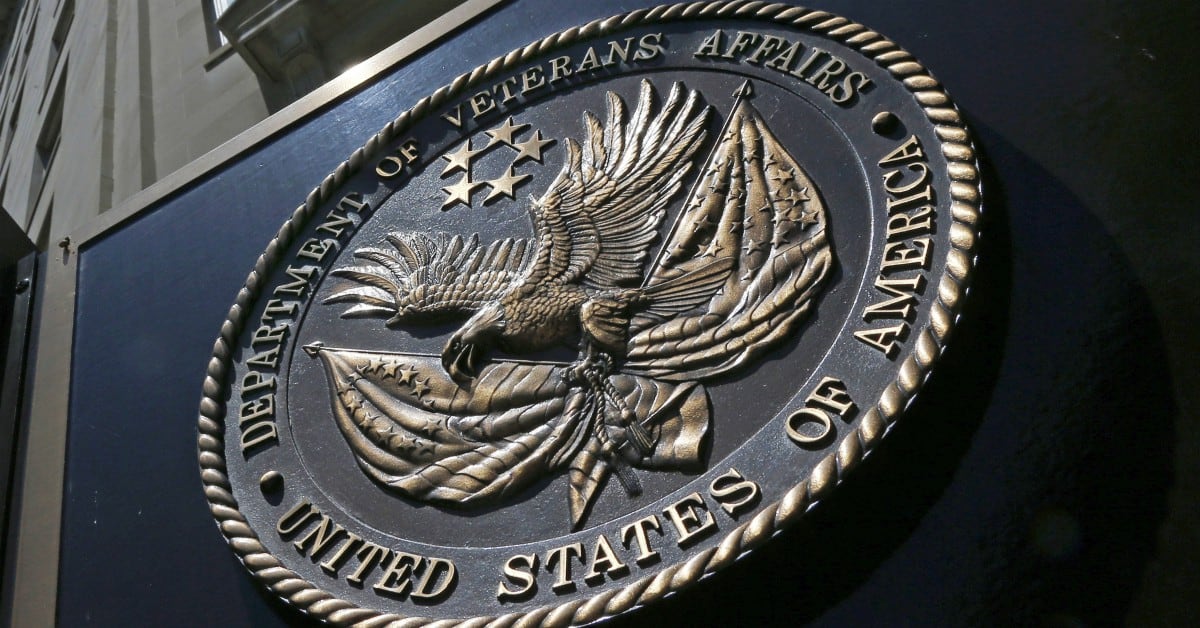Tens of thousands of Army veterans with other-than-honorable dismissals will see an easier path to upgrading their discharge status under a new legal settlement announced Wednesday.
The deal, the resolution of a class-action lawsuit filed in the U.S. District Court for Connecticut more than three years ago, requires Army officials to automatically review tens of thousands of discharge upgrade applications denied over the last nine years, this time using “procedures more favorable to veterans” regarding evidence of underlying mental health conditions.
Similarly, Army veterans whose applications were denied between 2001 and 2011 will be informed of new opportunities to reapply for a discharge upgrade, to include the same broad considerations of mental health factors in their cases.
RELATED

And the Army Discharge Review Board for the first time will allow veterans to argue their cases over the phone, instead of requiring them to travel to Washington, D.C. — at personal expense — for their upgrade hearings.
“I’ve heard from veterans across the country who were kicked out for suicide attempts, are self medicating to deal with combat stress, for going AWOL because they couldn’t deal with it anymore,” said Steve Kennedy, an Iraq War veteran and one of the named plantiffs in the lawsuit.
“All of them were discharged for symptoms of mental health conditions and then stripped of the very benefits that may have helped them heal. Now they will have the chance for justice.”
Officials from the Yale Law School Veterans Legal Services Clinic, which handled the case, estimate as many as 50,000 Army veterans may benefit from the new review board changes.
Veterans advocates for years have pushed for widespread reforms in how military officials handle discharge upgrade requests, arguing that many veterans of the Iraq and Afghanistan wars were improperly kicked out of the ranks because of undiagnosed brain injuries, post-traumatic stress disorder and other unseen injuries.
The difference between an honorable and other-than-honorable discharge can mean a denial of tens of thousands of dollars in education benefits, access to certain health care services and eligibility for many job training and financial assistance programs.
A Government Accountability Office report released in 2017 found that nearly one in four troops booted for misconduct over a four-year span suffered from some type of mental health condition that may have been cause for a different discharge decision.
Later that year, Pentagon officials issued a memo requiring that reviewers should take into consideration “conditions resulting from post-traumatic stress disorder, traumatic brain injury, sexual assault or sexual harassment” when deciding whether to upgrade a veterans' status.
RELATED

But those standards did not necessarily apply to veterans already denied discharge upgrades. The new settlement reopens that opportunity for Army veterans, through both the automatic reviews and the opportunity for other veterans to refile.
The settlement also requires Army officials to conduct new annual training for review board members on how to properly evaluate claims of mental health conditions, and notify all applications of their right to legal and medical assistance when filing the claims.
Yale Legal Services Clinic officials said they have a similar lawsuit pending with the Navy, and hope for similar accommodations from service officials there.
Leo covers Congress, Veterans Affairs and the White House for Military Times. He has covered Washington, D.C. since 2004, focusing on military personnel and veterans policies. His work has earned numerous honors, including a 2009 Polk award, a 2010 National Headliner Award, the IAVA Leadership in Journalism award and the VFW News Media award.




